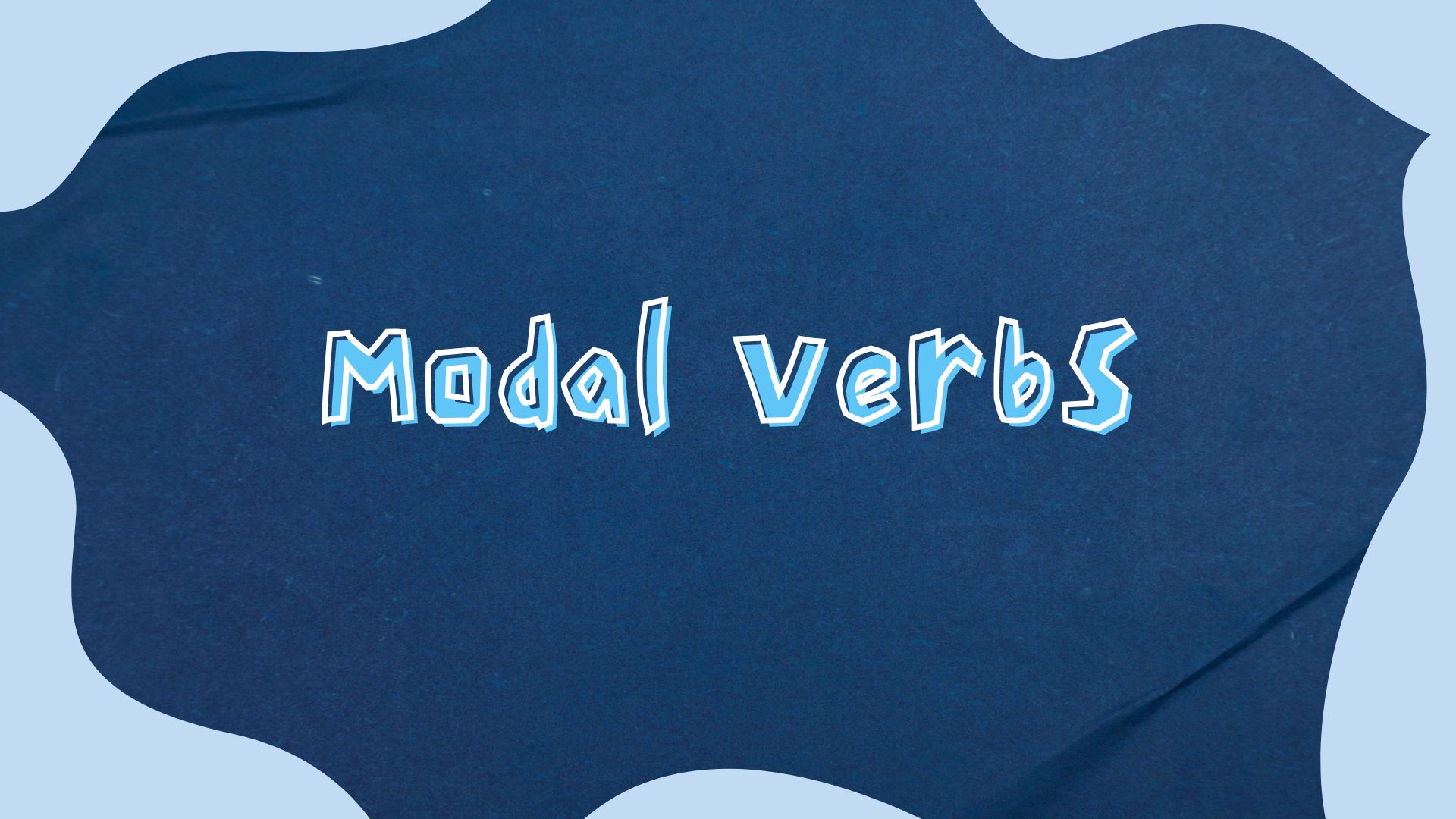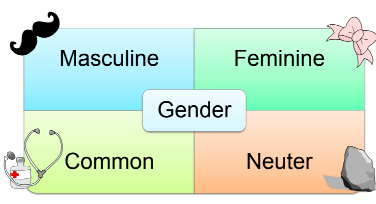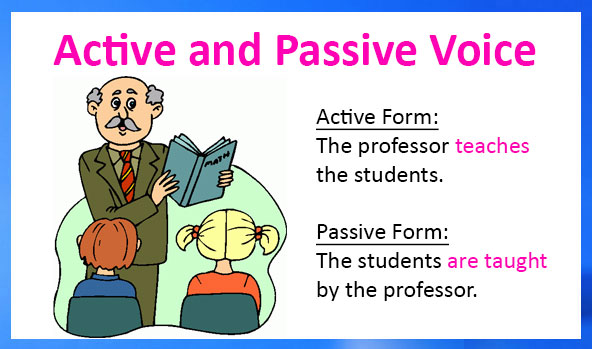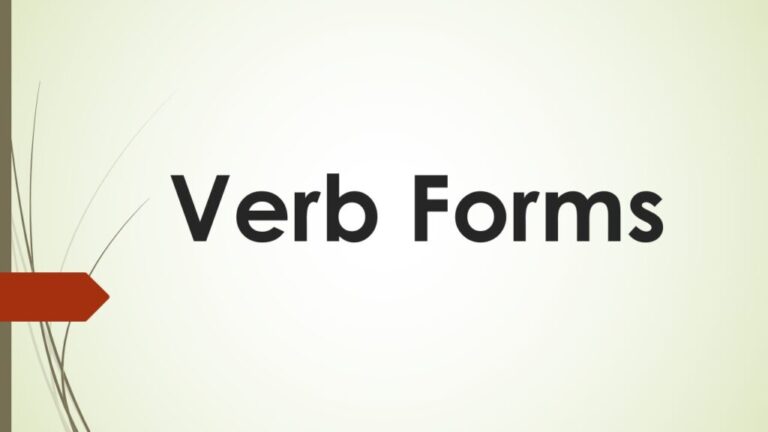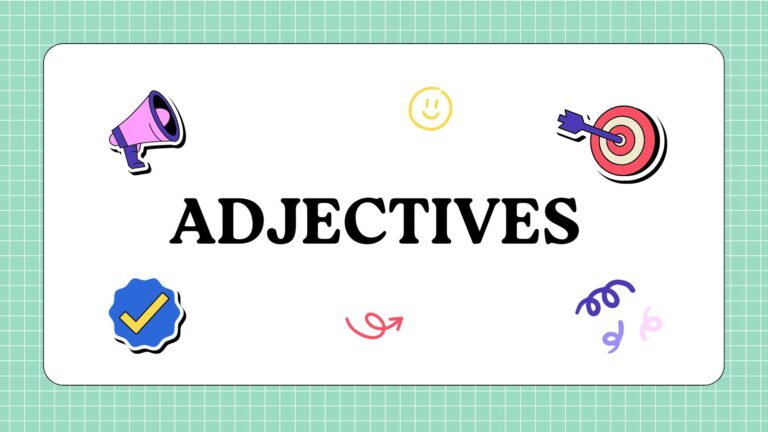Modal Verb “Must”: Sentences as examples
The modal verb “must” is important for showing necessity and obligation in English. Learning how to use it can greatly enhance communication in emails, instructions, or conversations. This article will give examples of “must” in different sentences, showing how to use it in everyday situations.
Introduction to Modal Verbs
Modal verbs are important in grammar because they show possibility, necessity, and permission. Unlike regular verbs, modals like “can,” “could,” “may,” “might,” “must,” and “should” give more meaning to sentences. For example, “You must see this movie” shows urgency, while “You might enjoy this movie” suggests curiosity without pressure.
They can express politeness or confidence; for instance, “Should I apply for that job?” asks for advice, while “could” offers a casual idea.
Understanding Modal Verb “Must”
The word “must” shows that something is necessary and urgent. It greatly affects decisions and actions. In persuasive situations, “must” encourages people to take action. Recognizing the meaning of “must” can help individuals rethink their priorities.
It also links personal beliefs to societal expectations, highlighting moral values that shape our interactions. When we communicate what we “must” do, we express our values, which helps build stronger connections and opens up discussions about common goals.
Modal Verb “Must” Sentences
Here are examples of sentences using the modal verb “must”:
- You must wear a seatbelt while driving.
- Students must bring their ID cards to the exam.
- You must complete your homework before dinner.
- Everyone must follow the rules.
- You must attend the meeting tomorrow.
- He must submit the form by Monday.
- We must obey traffic signals.
- You must wash your hands before eating.
- Employees must clock in on time.
- Visitors must register at the front desk.
- You must return the book by Friday.
- They must leave the building by 6 p.m.
- Children must not play on the road.
- You must finish this before the deadline.
- We must act quickly.
- She must apologize to her friend.
- You must wear a helmet while biking.
- All passengers must show their tickets.
- You must water the plants daily.
- They must keep their phones on silent.
- You must talk to your teacher about this.
- You must get some rest.
- You must try this dessert—it’s amazing!
- You must visit the museum when you’re in town.
- You must see a doctor about that cough.
- You must take care of your health.
- You must save some money each month.
- You must listen to your parents.
- You must speak up if something feels wrong.
- You must drink more water.
- You must not touch the wires.
- You must not lie to your parents.
- Students must not cheat in exams.
- You mustn’t smoke in this area.
- You must not bring food into the lab.
- We must not forget her birthday.
- You must not park here.
- Kids must not play near the fire.
- You mustn’t disturb the animals.
- You must not enter this room.
- He must be very tired after the trip.
- You must be joking!
- This must be the right place.
- She must be at work by now.
- They must know each other well.
- That must be her brother.
- You must have heard the news.
- He must be feeling better today.
- It must be hard to live alone.
- She must love her job.
- Passengers must not stand in the bus.
- Drivers must carry their licenses.
- You must stop when the light is red.
- Pets must be on a leash.
- You must pay taxes every year.
- People must not drink and drive.
- Everyone must vote responsibly.
- You must recycle plastic bottles.
- Cyclists must wear safety gear.
- Restaurants must follow hygiene standards.
- I must exercise more often.
- We must spend more time with family.
- I must stop procrastinating.
- You must read that book.
- She must learn to manage her time.
- I must learn Spanish before my trip.
- He must save more money this year.
- I must be more patient.
- We must go hiking soon.
- They must improve their communication.
- You must sign this document.
- Applicants must fill out the form.
- You must not leave any blank spaces.
- You must arrive 15 minutes early.
- Candidates must bring two copies of their resume.
- You must attach a passport-size photo.
- Participants must follow the dress code.
- You must submit the assignment online.
- Visitors must report to the reception.
- Volunteers must attend training sessions.
- You must call me immediately!
- We must leave now!
- You must act fast!
- This must be done today!
- You must stop what you’re doing!
- They must not delay!
- You must cancel the flight now!
- She must tell the truth right away!
- We must find a solution quickly!
- You must inform the manager!
- I must clean my room.
- She must feed the dog.
- They must check their email.
- He must pack his bag.
- We must cook dinner.
- You must go to sleep early.
- I must call my mom tonight.
- He must prepare his notes.
- They must lock the door before leaving.
- I must write in my journal.
What does the modal verb “must” indicate?
“Must” indicates necessity or obligation, suggesting that something is required or essential.
Is “must” used for strong recommendations?
Absolutely! For instance: “You must try the chocolate cake; it’s delicious!”
How is “must” used to express deduction?
It can express logical conclusions, such as: “She must be at work since her car is in the parking lot.”
Are there different contexts for using “must”?
Yes, “must” can express obligation, strong advice, or logical conclusions depending on the context.
Is there a difference between “must” and “have to”?
Yes, while both indicate obligation, “must” often conveys personal obligation, whereas “have to” usually suggests external requirements.

